All Kinds of Minds
April 5, 2023
Did you know April is Autism Acceptance Month? First held in 1972 by the Autism Society, Autism Acceptance Month emphasizes the need for public awareness to promote acceptance, celebrate differences, and be more inclusive towards the autistic individuals around us. Autism advocate Temple Grandin has stated to solve real-world issues, “the world is gonna need all the different kinds of minds to work together”. To learn more about your Neurodiverse counterparts or perhaps yourself, check out this list of science-based non-fiction and own voices memoirs. Maybe together we can begin to foster a world of understanding, problem-solving, and support for all who inhabit it.
*Please note: Asperger’s Syndrome has traditionally been considered a ‘milder’ form of Autism. The current edition of the Diagnostic and Statistical Manual of Mental Disorders, which is a diagnostical guide for mental health professionals, lumps both Asperger’s Syndrome and Autism together under the umbrella of Autism Spectrum Disorder (ASD). However, this change happened only 10 years ago. There are people in the autistic community who feel like Asperger’s Syndrome correctly describes their diagnosis and who they are as a person. Because of this and the recent changes to the DSM, the term Asperger’s Syndrome is used in this list.*
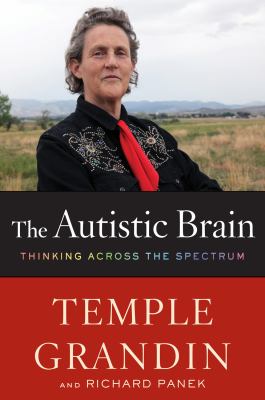
The Autistic Brain: Thinking Across the Spectrum by Temple Grandin and Richard Panek
Grandin is a famous Autism advocate, academic, and animal behaviorist. Autistic herself, she weaves her experiences with new discoveries about the Autistic brain from neuroimaging, genetic research, and much more. Grandin also discusses the raising and educating of kids on the spectrum by breaking down how they think and experience the world. She argues against focusing on their weaknesses and shows how their strengths can foster unique contributions to the world.
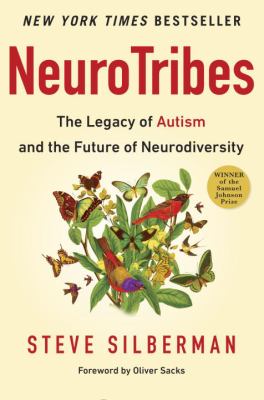
NeuroTribes: The Legacy of Autism and the Future of Neurodiversity by Steve Silberman
A Baillie Gifford Prize winner, this accessible piece of science writing reveals the untold story of the father of Asperger’s Syndrome and other unknown aspects of Autism history. Weaved into the historical accounts of clinical work and theories are a plethora of sympathetic stories of parents and their Autistic children. Silberman argues for the concept of neurodiversity, comments on the emergence of Autistic-run organizations, and a growing civil rights movement that seeks to help Autistic people and their families live productive and secure lives.
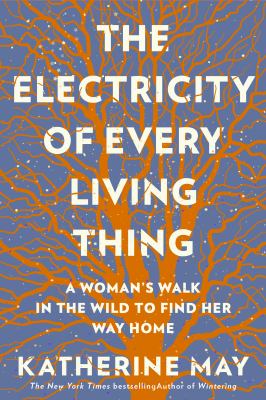
The Electricity of Every Living Thing: A Woman’s Walk in the Wild to Find Her Way Home by Katherine May
Katherine May recounts her time spent walking the 630-mile South West Coast Path in England, and all the challenges that came with it. Amongst this backdrop, May questions why she stopped coping with everyday life, her struggles with motherhood, and why she can’t meet others’ expectations. The farther she walks the more the answer begins to unfold, until she comes to the realization that she has Asperger’s Syndrome. May then re-evaluates her life, comes to terms with her diagnosis, and allows herself to be who she is.
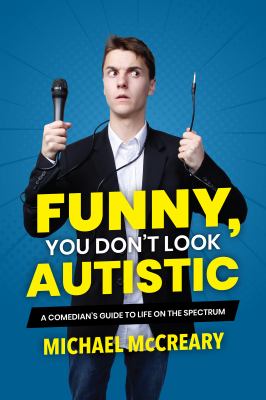
Funny, You Don’t Look Autistic: A Comedian’s Guide to Life on the Spectrum by Michael McCreary
McCreary was diagnosed with Autism Spectrum Disorder at age five, not long after his younger brother. His memoir shows the hilarious sides of growing up with sensory issues, hypersensitivity, fixations, and quirks. It also documents his difficulties navigating school, friendships, and relationships with girls. These experiences lead to a journaling habit that turned his pain into something empowering and funny. Using this and his urge to perform, McCreary scored his first stand-up gig at 14 and hasn’t looked back.
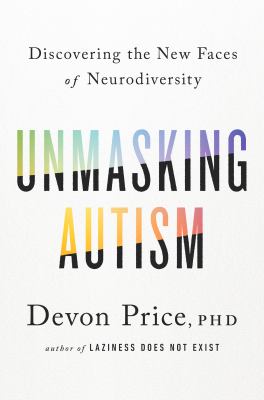
Unmasking Autism: Discovering the New Faces of Neurodiversity by Devon Price, PHD
Thought-provoking and candid, Price explores the phenomenon of masking. You might be asking what masking is. Masking is when Autistic people hide their identifiably Autistic traits to fit in. Price, a social psychologist, professor, and proud Autistic person, encourages Autistic people to embrace a new understanding of themselves. This book is great for Autistic folks who want to learn to unmask (helpful exercises are housed within) and for those wanting to understand their Autistic friends and family.
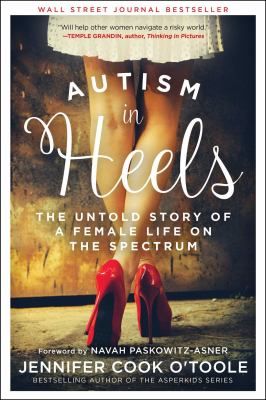
Autism in Heels: The Untold Story of a Female Life on the Spectrum by Jennifer Cook O’Toole
This memoir dives into the life of Jennifer O’Toole, who at the age of thirty-five was diagnosed with Asperger’s Syndrome. While this came as a shock, for the first time in her life things made sense. Geared towards girls and women on the spectrum, this book looks at the gendered ways in which Autism presents itself by using examples from her life. *Diagnostic tools have long reflected traits more prevalent in men and boys, which leads to women and girls being under or misdiagnosed* It also aims to help others view Autism as “a neurological, not pathological, profile”.
Book / eBook / eAudiobook
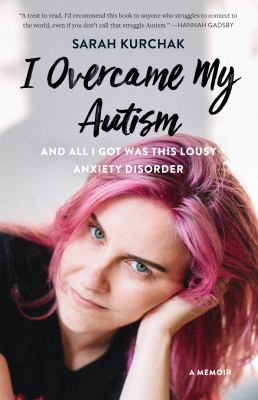
I Overcame My Autism and All I Got Was This Lousy Anxiety Disorder by Sarah Kurchak
Sarah is autistic. She didn’t let it get in the way of any of her dreams, but she did let it get in the way of her being in the same room as someone chewing loudly. Kurchak examines her undiagnosed childhood, how she became “an autistic success story”, and how it almost ruined her life. Stuck with depression and anxiety because of her masking, she considers what might make the lives of autistic people healthier, happier, and more fulfilling.
Book / eBook / eAudiobook
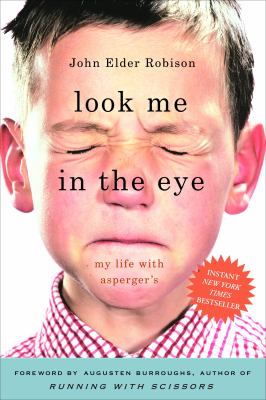
Look Me in the Eye: My Life with Asperger’s by John Elder Robison
Not being able to recognize common social cues, body language, or facial expressions makes it hard for a child to get along with their peers. Add an alcoholic father and disturbed mother into the mix and you’ve got a painful childhood. Robison describes this in his candid memoir, and the solace he found in fixing broken audiovisual equipment which led to a fruitful career fixing things. After being diagnosed with Asperger’s at age forty, he sets off on a new mission to help those with Asperger’s realize it’s not a disease but a way of being.
Book / Large Print / eBook / eAudiobook
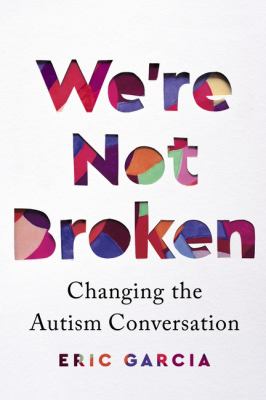
We’re Not Broken: Changing the Autism Conversation by Eric Garcia
This impassioned and issue-oriented book, Garcia combines his experiences with being Autistic with an overview of how America is failing Autistic children and adults. He focuses on seven areas where attitudes, policies, or both must improve: work, housing, education, health care, relationships, gender, and race. Having worked as a journalist in Washington D.C., he’s particularly great at demystifying government programs that affect Autistic people, like Medicaid’s Home-and-Community-based Services waivers.
Book / eBook / eAudiobook
